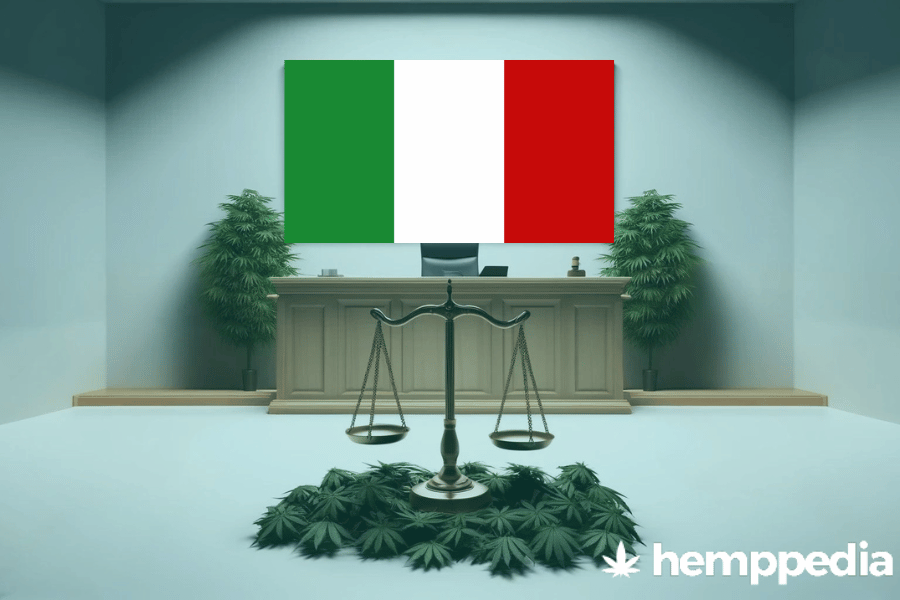TL;DR: Is CBD Legal in Italy?
In Italy, the legal status of CBD is somewhat nuanced. Currently, CBD is legal and can be freely sold as long as it’s derived from hemp and contains less than 0.2% THC. However, CBD from marijuana plants is considered illegal due to the potential to contain higher concentrations of THC. It’s key to keep up to date with laws surrounding CBD in Italy, as changes can occur rapidly in response to local and EU-regulatory shifts.
Highlight of Key Legal Aspects
- Usage: Legal if derived from hemp and contains less than 0.2% THC
- Possession: Legal given the above constraints
- Distinguishing from THC Products: THC products are generally illegal in Italy unless they are being utilized for certain medicinal purposes.
Overview of CBD Legislation
The production, sale, and usage of industrial hemp-derived CBD are accepted under Italian law, within certain limitations. CBD or cannabidiol, is a non-intoxicating compound derived from hemp plants, a strain of Cannabis sativa. It is often consumed for its therapeutic properties, and unlike marijuana, lacks the THC content that results in a psychoactive “high.”
The Legal Landscape
The legal status of CBD is variable globally, with different countries and regions having their distinct laws and regulations. In Europe, including Italy, CBD can be legally sold as long as it’s derived from industrial hemp and its THC concentration is below 0.2%.
Regulatory Bodies
In Italy, CBD and hemp products are mainly regulated by two agencies: the Ministry of Health and the Customs and Monopoly Agency. The Ministry of Health monitors product safety and consumer health implications, while the Customs and Monopoly Agency oversees the import and export of CBD and its related products.
Historical Context
Italy has had a complicated relationship with cannabis. The nation has alternated between periods of employing hemp for industrial purposes, stringent anti-drug laws, and a burgeoning acceptance of medical cannabis and CBD over the last decades.
Possession, Use, Cultivation, and Sales
Possession and personal usage of CBD are legal in Italy, as long as the CBD is derived from hemp and its THC content doesn’t surpass 0.2%. Hemp cultivation is also legal, aiming to promote the hemp industry and support the use of this low-impact crop for various purposes, including CBD production. For selling and purchasing CBD products, they must meet the legal THC limit, and many are required to possess clear labeling of content and provenance.
Enforcement and Penalties
Non-compliance with the laws and regulations related to CBD in Italy can lead to various penalties, ranging from fines to jail time. For illegal production, sale, or distribution of CBD, penalties include imprisonment and fines.
Comparative Analysis
Compared to other European nations, Italy has adopted a more flexible approach to CBD and hemp, offering an environment that may be conducive for the CBD industry to flourish. It aligns with many European nations by abiding by the 0.2% THC threshold, though some nations have even stricter regulations.
Conclusion
While the laws surrounding CBD in Italy and worldwide may be complex and fluctuating, as it stands, CBD is currently legal in Italy, provided it meets certain stipulations. This regulatory frame seems to support the growth of the CBD industry, while also trying to ensure product safety and legality. It will be interesting to keep an eye on how laws evolve in Italy and how they may be influenced by the shifting legal landscape globally.





